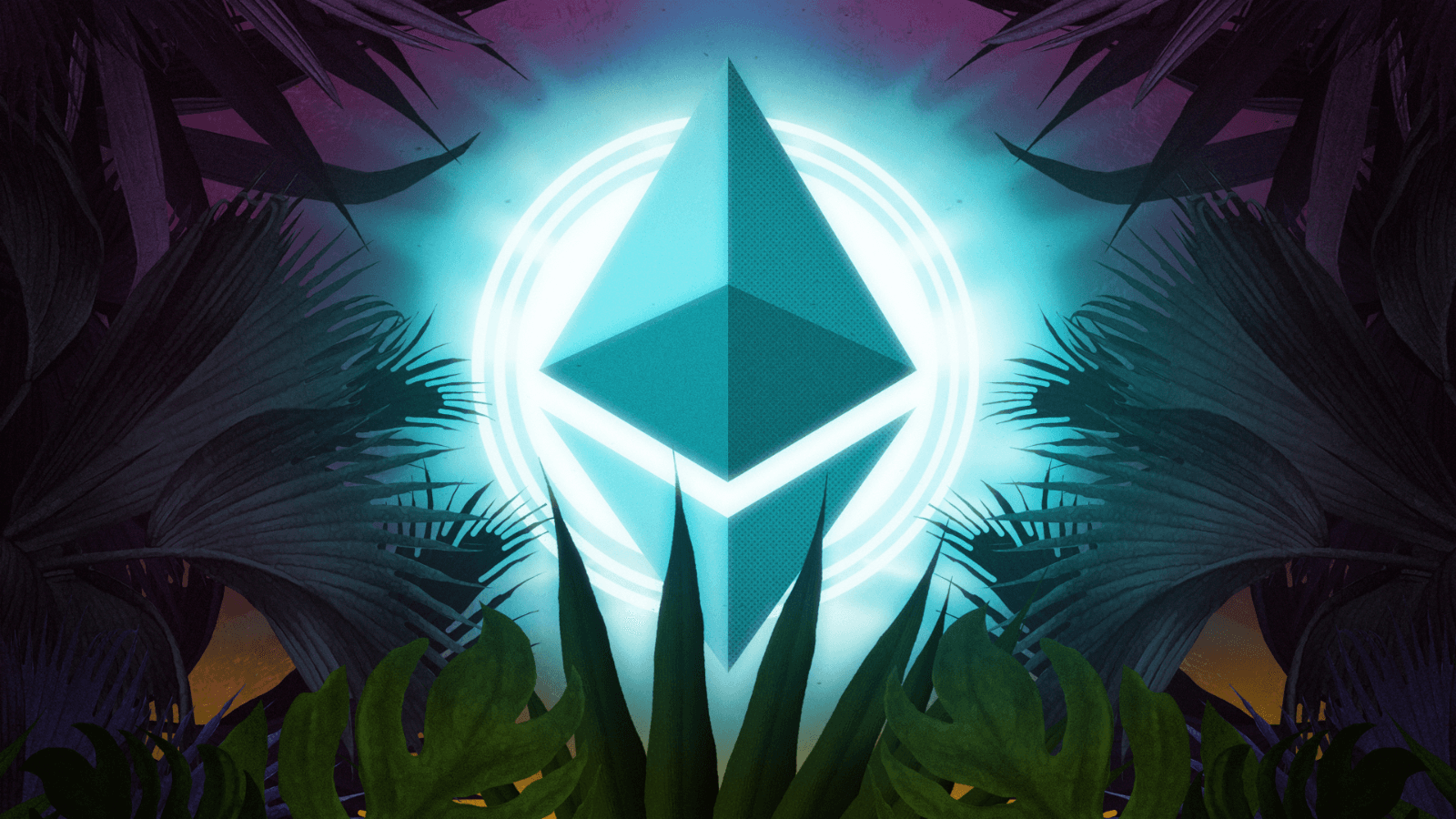BendDAO Proposes Emergency Changes During Liquidity Crisis
The NFT lending protocol is running out of ether

Blockworks exclusive art by Axel Rangel
- A proposal with emergency changes has passed quorum with 97.13% votes.
- “We are sorry that we underestimated how illiquid NFTs could be in a bear market when setting the initial parameters,” DendDAO co-founder CodeInCoffee wrote.
The NFT lending protocol BendDAO is in trouble.
The blue-chip non-fungible token (NFT) lender with a relatively low loan-to-value ratio (LTV) had its Ethereum reserves drained, forcing its community members into crisis mode as the entity attempts to navigate its way out of insolvency.
BendDAO lets borrowers deposit NFT collectibles, including Bored Ape Yacht Club and Mutant Ape Yacht Club to receive up to 40% of the asset’s value/floor price as a loan denominated in ether (ETH). Depositors who lend out their ETH earn interest.
But a misalignment between borrowers and lenders has led BendDAO astray. BendDAO lenders can no longer withdraw their money, and NFT borrowers will need to pay 100% on any ETH they have borrowed.
Following the liquidation crisis, pseudonymous BendDAO co-founder CodeInCoffee wrote in a governance proposal “we are sorry that we underestimated how illiquid NFTs could be in a bear market when setting the initial parameters.”
The proposal, which has now passed quorum with 97.13% votes (60M veBEND) in favor of changes at the time of publication, will see the liquidation threshold for collateral drop from 85% to 70%— meaning that if a collateral position reaches 70%, it is defined as undercollateralized.
The proposal also plans to shorten auction period from 48 hours to 4 hours and remove the bid limitation of 95% of the floor price auctioned at OpenSea.
Currently, to open a bid on BendDAO, liquidators must bid within 95% of an NFT’s current floor price and bid higher than the debt owed by a borrower.
Borrowers have 48 hours to determine if they can repay their debt to claim their NFT with a 5% fee paid to bidders — but, with NFT floor prices dropping, liquidators do not want to place the risk of locking up their ETH for 48 hours. Shortening the auction period to four hours may allow timely liquidations to occur and prevent bad debt.
The proposal plans to adjust interest base rate on loans from 100% to 20%, encouraging depositors to lend money by earning interest and prompting NFT holders to repay their ETH quickly.
All decisions on bad debts will be brought forward to the BendDAO community, who can vote and determine where revenue will be allocated.
As NFT floor prices remain unsteady during the bear market, DeFi protocols that have been reliant on them are also looking at ways to keep themselves afloat. How BendDAO handles its liquidation crisis will have implications for similar protocols.
Get the news in your inbox. Explore Blockworks newsletters:
- The Breakdown: Decoding crypto and the markets. Daily.
- 0xResearch: Alpha in your inbox. Think like an analyst.






